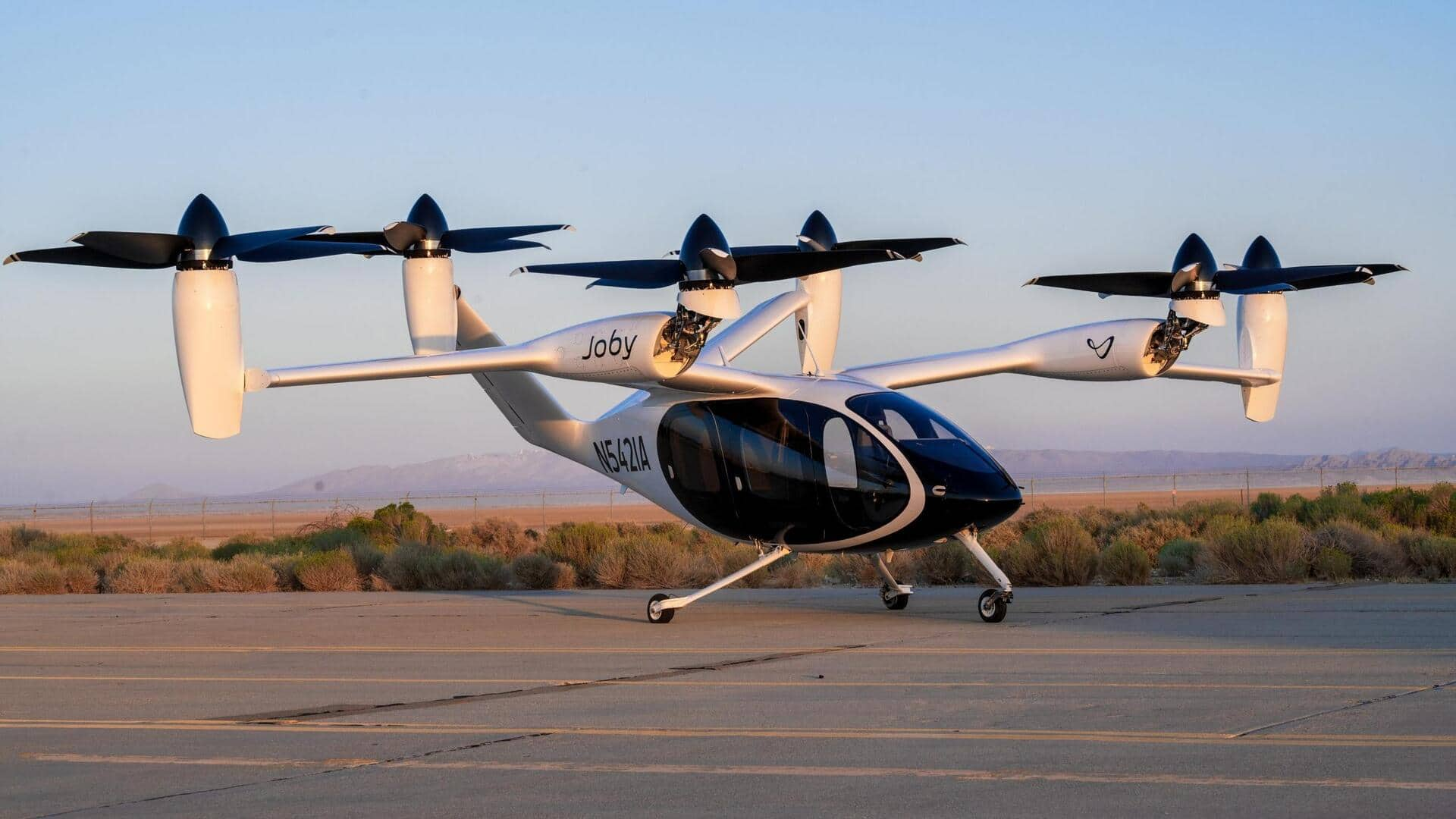SOURCE: AFI


Tamil Nadu is rapidly emerging as a frontrunner in India’s drone ecosystem, attracting established players and nurturing a vibrant startup scene. This growth trajectory is fueled by a combination of existing expertise, strategic initiatives, and a growing emphasis on indigenous manufacturing.
Professor Satya Chakravarthy, founder and CEO of ePlane, a leading electric VTOL (Vertical Take-Off and Landing) drone startup, highlights Tamil Nadu’s key position in the national drone landscape. The state boasts a growing number of domestic firms entering the drone component space, manufacturing battery packs, motors, propellers, and flight controllers.
Professor Chakravarthy emphasizes the need for a comprehensive approach to propel Tamil Nadu’s drone industry to even greater heights. He proposes the establishment of a dedicated drone manufacturing hub, offering incentives for component design and development, tax breaks for vertical integration within companies, and a center of excellence focused on drones. Such a center, fostering collaboration between industry and academia, would be instrumental in establishing a robust and reliable supply chain within the state.
Professor H S N Murthy, Head of the Aerospace Engineering Department at IIT Madras, acknowledges the positive steps taken by the state government, particularly regarding drone testing facilities. He emphasizes the importance of capitalizing on existing infrastructure like the defense corridor, existing ISRO suppliers, windmill OEMs, the automobile ecosystem in Coimbatore, and electronics component manufacturers in Chennai and Trichy. Murthy stresses the need to empower MSMEs (Micro, Small and Medium Enterprises) working in these areas and facilitate them in marketing their products.
Professor Murthy highlights India’s existing technical capabilities in drone component manufacturing. However, he underscores the importance of government efforts to standardize and certify drone components. This will ensure a reliable supply chain and foster trust in domestically produced parts.
Ramanathan Narayanan, Director and Chief Executive of Dhaksha Unmanned Systems, identifies the lack of volume as a significant challenge for MSMEs and startups in manufacturing crucial drone parts. The high upfront costs associated with development and production without guaranteed sales volume hinder growth. However, Narayanan expresses optimism, predicting a significant upswing in development within the next three years due to ongoing technology transfers.
Dr. K Senthil Kumar, Director of the Dr. Kalam Advanced UAV Research Centre at the Madras Institute of Technology, highlights efforts to bridge the skill gap. Initiatives include credit courses focused on drone technology and curriculum updates reflecting the latest trends in UAVs.
Sai Pattabiram, Managing Director of Zuppa Geo Navigation Technologies, a manufacturer of flight control units, emphasizes the need for a level playing field for domestic players. He urges stricter enforcement of import curbs to create a fair market environment. While acknowledging his company’s success in securing a PLI (Production Linked Incentive) scheme for drone components, Pattabiram calls for a similar PLI scheme specifically for drones, mirroring the one established for semiconductors.
Tamil Nadu’s drone ecosystem is on a promising trajectory. By fostering collaboration, investing in infrastructure, and prioritizing indigenous production, the state has the potential to become a national leader in this rapidly growing sector. With continued government support and industry-academia partnerships, Tamil Nadu can ensure its drone industry takes off and soars towards a successful future.